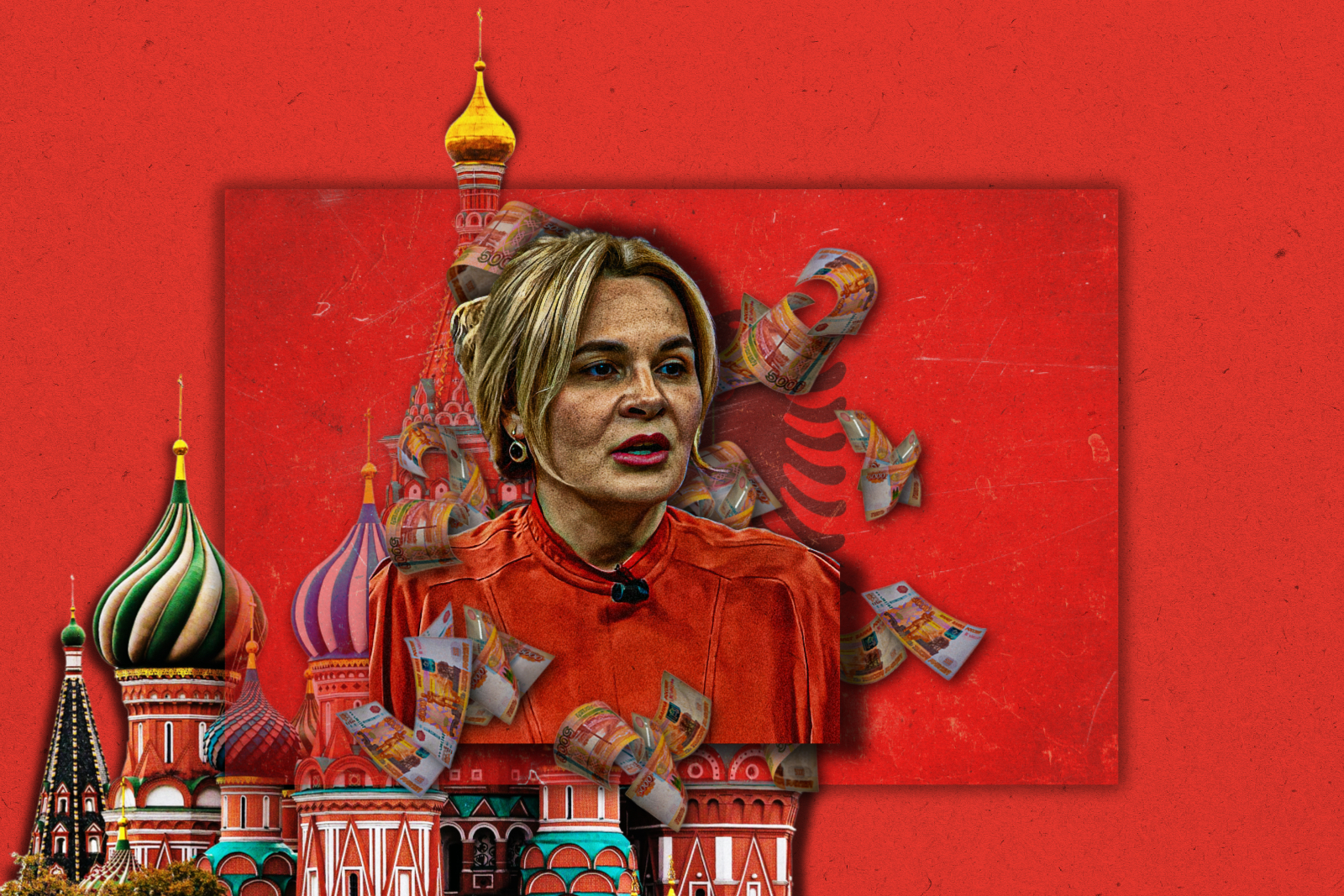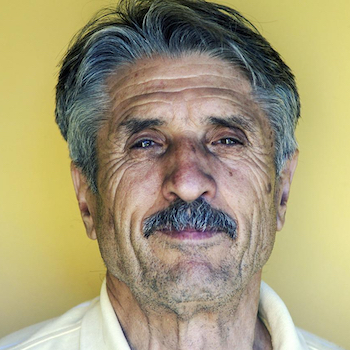
The Many Scandals of Albania’s Former First Lady
Last week, Monika Kryemadhi, the former first lady of Albania, made an emphatic return to the headlines in her home country. The publication of documents showing that she made and received payments in 2017 from Russian oil businessmen with ties to the Kremlin has triggered a fiery national debate about the ongoing influence of Russia in Albania and the Balkans.
Rather than attempting to disprove the allegations against her, Kryemadhi instead sought to discredit and allegedly silence the publication that initially released the documents.
The former first lady’s apparent ties to Russian interests and the subsequent tactics she employed to try and cover them up are just the latest example of a wider pattern of the insidious growing influence of Russia, Russian money, and Russian propaganda in the Western Balkans.
The payments Kryemadhi received were reportedly made by a company controlled by Alexander Smuzikov and Alexander Kaplan. Smuzikov and Kaplan were also uncovered by Reuters to have also been behind a shadowy British company bidding to take over Macedonia’s leading oil distributor Makpetrol. After their identities were revealed, Smuzikov and Kaplan’s bid was blocked by Macedonian authorities.
Kryemadhi also reportedly made a payment to a company found to be controlled by Vitaly Savvin, another Russian oil trader and former business partner of Smuzikov. Savvin’s Russian petroleum company was also revealed by Forbes to have been one of the largest donors to Vladimir Putin’s ruling political party, United Russia.
The context of these transfers is important. The payments were made around the time of Albania’s presidential elections in 2017, when Kryemadhi’s husband, Ilir Meta, was elected president and just before Kryemadhi and Meta led their political party, the Freedom Party (LSI), to the parliamentary elections. LSI is Albania’s second-largest opposition party and formerly ruled in a coalition government alongside the Democratic Party (DP), Albania’s centre-right party and largest opposition party.
At the same time, Russia unsuccessfully spent $500,000 bankrolling the DP in those same 2017 Albanian parliamentary elections, as was later revealed by a declassified U.S. intelligence assessment in 2022. While the reasons for the Kryemadhi-payments is unclear, the timing and origin of the payments certainly raise a number of questions that warrant further investigation – especially given the later revelations of the Russian states’ payments to another opposition party aligned with LSI.
In response to the publication of the documents, Kryemadhi has denied all allegations of wrongdoing against her. What is more, Kryemadhi even denied having bank accounts abroad, despite the documents showing evidence to the contrary, or having ever had any financial relations with any Russian businesspeople or firms.
Rather than attempting to disprove the allegations, Kryemadhi instead attempted to discredit and silence the publication that had initially released the documents. Contacts familiar with the matter stated that Kryemadhi threatened the media outlet, an independent Brussels-based, EU-focused outlet, with legal action. Like other small independent publications, the costs of defending material in the public interest were too expensive to pursue. This form of intimidation, which stifles public discourse around corruption and aids criminals from being held accountable, is known as a SLAPP (Strategic Lawsuits Against Public Participation).
On top of that, the publisher of the documents found itself hit with a malicious media campaign that propagated fake news and defamatory allegations about the journal. Kryemadhi herself publicly made a number of unfounded allegations about the publication. What’s more, these accusations were found to have been published on platforms owned by individuals sympathetic to Kryemadhi and her husband and their political party, LSI. One example of a portal that attacked the publication is Syri, an Albanian media webpage widely reported to be owned and controlled by Clirim Peka, a close associate and known ally of Kryemadhi’s husband Ilir Meta.
The Western Balkans have found themselves at the heart of a new battle for influence in Europe between the Kremlin and Brussels. Kryemadhi, for example, has Russian ties and appears to be employing typical Russian tactics for stifling reporting on corruption: fake news, disinformation, and SLAPPs. This is in direct contrast to the EU’s values of transparency, proper governance, and accountability.
As Albania seeks closer integration and ultimate accession into the EU, its European allies will be watching to see if the Albanian government combats such malign influence with further increased transparency and accountability. If the Albanian government is sincere in its desire to adopt EU values and ultimate accession, it must tackle such flagrant examples of corruption and the evasion of justice through transparent and thorough investigations in line with the EU norms to which they aspire.
